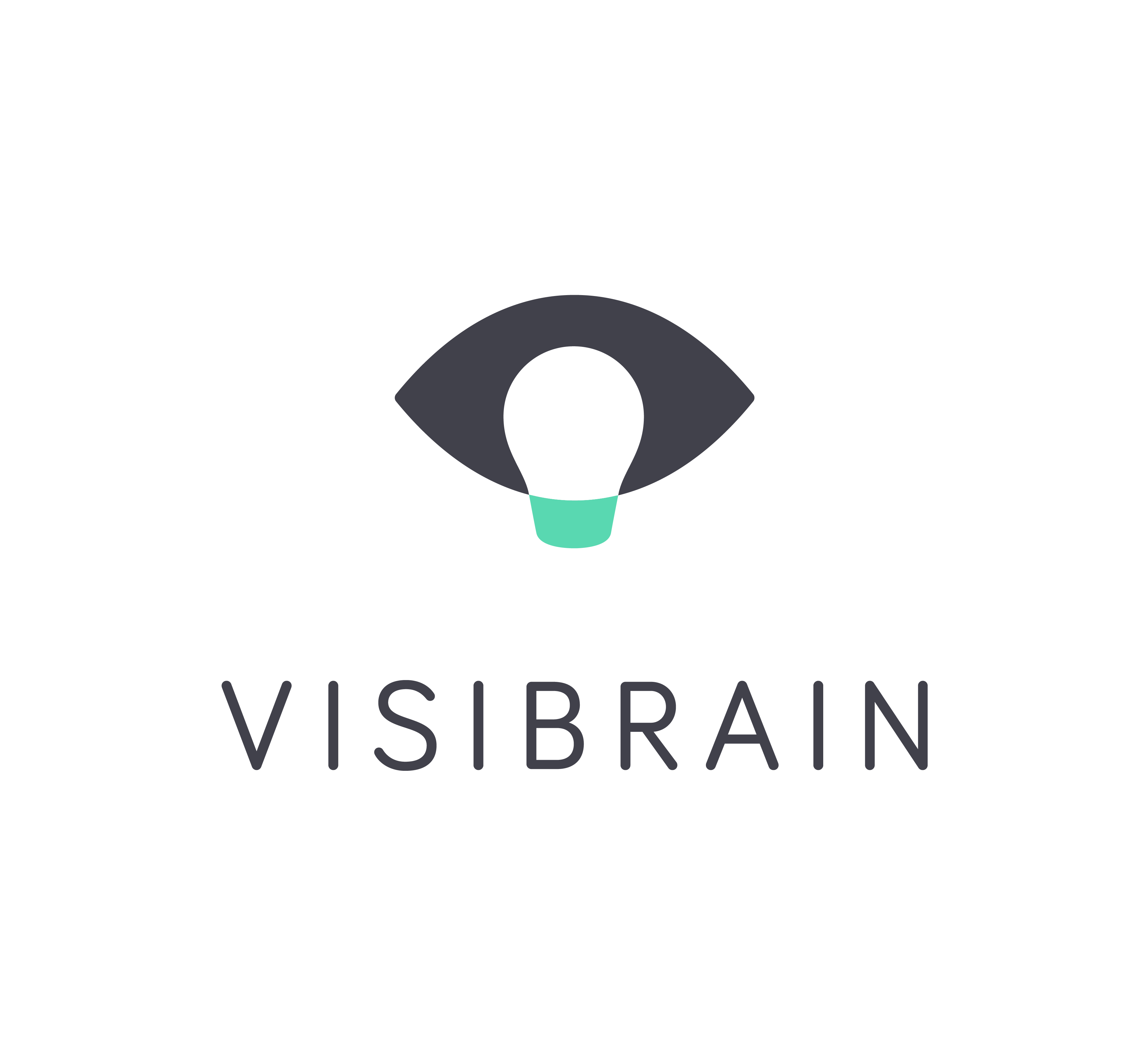User centricity is a universal approach that takes a holistic systemic view of the place of the individual in it. As the web's ubiquity becomes a given and an increasingly growing part of our interactions is web based, the issue of user centricity takes a more significant meaning. User centricity can no longer be seen as just a design principle, but the other way around, especially as user centricity and trust, an essential element in 21st century web and business culture, go hand in hand.
User centered semantics comprise of multidisciplinary approaches - philosophical, social, economic principles and a fundamental set of values and concepts that assume:
- Open ended systems, interoperability protocols, design premises.
- User control over data, privacy, identity management...
- User controlled data portability
- Transparency
- Users own conversations, interactions, privacy and sharing
- Simple, intuitive usage design and inclusive user experiences for the weaker digital populations.
Once the user is truly at the center, user centricity requires balancing the interests of all parties involved, users, providers, institutions, architecture designers through a cooperative discourse that looks at all as equal partners and respects the rights and interests of all, through transparent mechanisms that enhance trust.
In web based systems, these values and premises can then be translated to define design principles of enabling and supporting technologies, platforms, architectures and business processes that empower user centered interoperability between users, providers, institutions, governance, communities and content creators.
User centricity in existing paradigms does not go hand in hand with top down siloed approaches that claim to be focused on the user, but confuse users with consumers from a corporate/institutional point of view. It is due to hegemony wars and business dominance of corporates and service providers, that do all they can to cultivate approaches that put constraints on customers' disengagement, as they try to keep their customers captive for corporate profit building plans. It is in complete contradiction to the open, free and transparent spirit and culture of the web and of us, its users.
User centricity is not just about commercial offerings. It is about users' control over their data, transparency mechanisms that are based on the principles of free choice, portability, simple and free disengagement.....
Whereas user centered takes a systemic view of user centered systems and scenarios, Icentered takes a prismatic view of the individual as the hard core nucleus of any user centered system. It represents the individual in the conceptualization of a user centered blueprint. How the world, interactions and relations should be seen through this lens, once the user is really at the center, with the reins of control in her hands.
The I in icentered focuses on the individuality of each user, as an Itom, the granular entity of the icentered world. An Itom is the smallest comprehensive unit that describes me, the individual user, as a whole, as a unique individual, through all my interactions, across all sites, platforms and media. Each and every one of us is an individual, unique, distinct, non divisible Itom.
Looking at the digital world through a prismatic view of each individual Itom creates a new vantage point for web based relations. Once we look at it as a people's web, it's an "I in the center" paradigm, where each user becomes a distinct anchor, an Itom. The systemic concepts and blueprints that will empower this vision of the web, are at the heart of user centricity paradigms.
Related posts
- Turning social and customer capital into currency requires a quantum leap (0)
- Trust the Icentered way (0)
- The web is not dead as long as I, the user, am its raison d'être (0)
- My plans as currency - on a Futureme social network vision of Scott Adams (0)
- From icentered to We centered - harnessing groundswell to make a difference (0)






